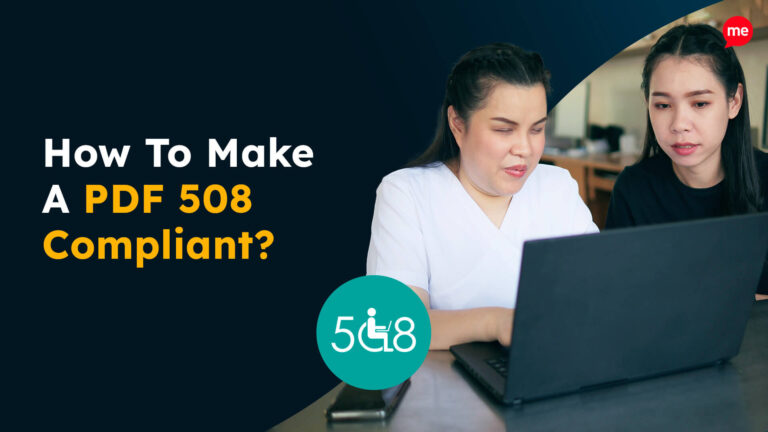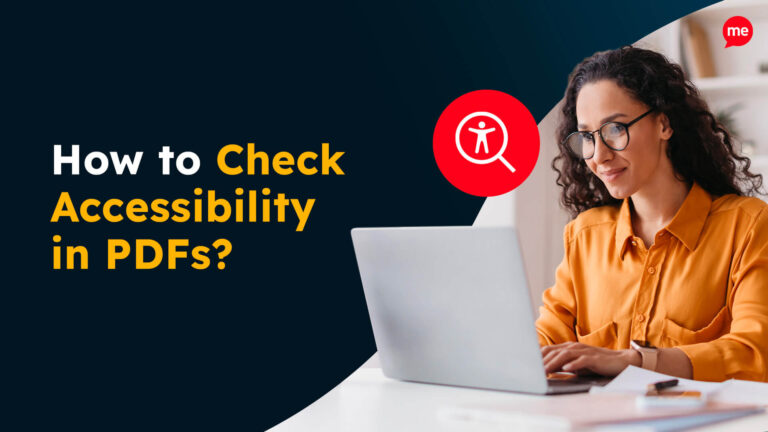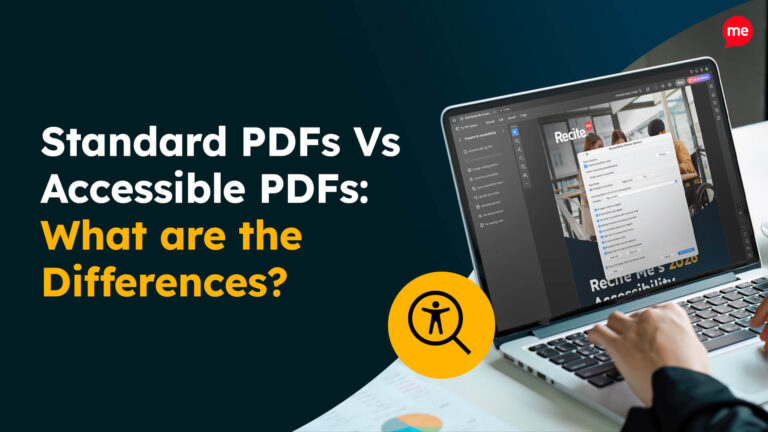March is Developmental Disabilities Awareness Month (DDAM), an annual celebration to create awareness about developmental disabilities and the importance of inclusion, and share stories of individuals with disabilities. We chatted with Disability Rights Maryland to discuss the importance of protecting and advocating for the civil and legal rights of individuals with developmental disabilities.
What does Disability Rights Maryland work to achieve, and what support do you provide for people with developmental disabilities?
Disability Rights Maryland (DRM) strives to create a just and inclusive society by advancing the human and legal rights of people with disabilities. DRM’s services include information dissemination and referrals; short-term and technical assistance; community education and training; support for and facilitation of self-advocacy; investigation of suspected abuse, exploitation or neglect; public policy analysis; systemic advocacy; coalition work; individual representation, including through our pro bono program; and class representation. DRM provides services to Marylanders of any age with all types of disabilities. For people with developmental disabilities, DRM focuses on ensuring access to essential home and community-based services and opportunities to be fully integrated in their community.
How is Disability Rights Maryland providing an inclusive experience for all?
DRM provides an inclusive experience for all by being client focused and person centered. We are committed to meeting clients where they are and empowering them to be in the driver seat. They tell us what they need and want. Additionally, DRM ensures services are accessible by providing the needed accommodations, like those provided by Recite Me.
How does accessibility play a part in disability advocacy?
DRM approaches accessibility in many ways, including legal advocacy, accommodations and assistive technology. Simply put, we can’t advocate for reasonable accommodations without providing them. We understand people access the judicial system and participate in it in many different ways. We are intentional about putting our clients’ needs above what is convenient for us.
What do you hope for the future of disability advocacy?
“My hope for the future is greater self-determination for people with disabilities, respect and breaking down the barrier and bias that the disability community has faced for decades. One of our big areas of advocacy has been supported decision making and avoiding guardianship. I think that really gets at the core of what disability advocacy is. It’s choice. Do our clients or the people we assist and represent, do they have choice?…Furthering their vision for themselves not trying to build it for them. Just supporting them.” -Randi Ames, DRM Managing Attorney
DRM accounts:
Website: https://disabilityrightsmd.org/
Facebook: https://www.facebook.com/DisabilityRightsMD
Instagram: https://www.instagram.com/disabilityrightsmd/
Twitter: https://twitter.com/DisabRightsMD
LinkedIn: https://www.linkedin.com/company/disabilityrightsmd



